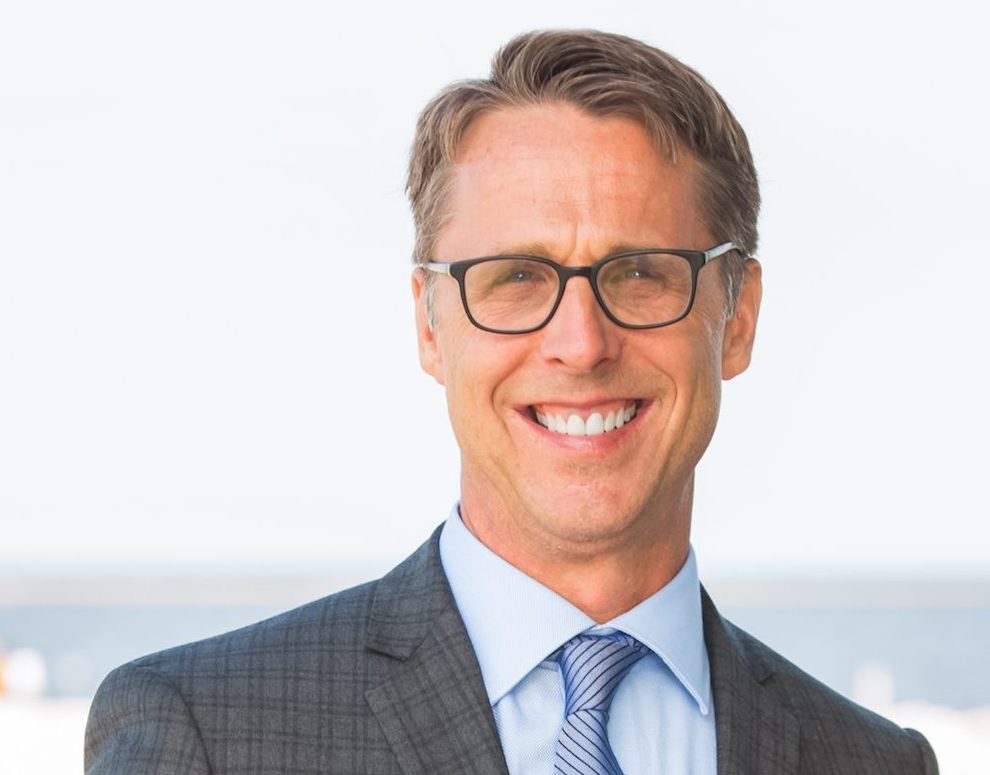Each year the need for protecting Wisconsin’s environment comes into sharp focus on trips to summer cabins, while boating on Lake Superior, fishing on a northern Wisconsin lake, or running through woods or past fields of coneflowers on Picnic Point in Madison. These places have been important in my life for 50 years, and today they continue to lift me up as we work to tackle big issues like drinking water contamination, polluted lakes and climate change.
Not only do the places I love inspire me, but so, too, do our supporters and partners. Solving big pollution and climate change problems, and protecting the lakes, rivers and forests of Wisconsin, takes all of you!
In early July, I was able to join a group of Clean Wisconsin staff who met with the tribal governments and natural resource leaders of the Lac du Flambeau, Red Cliff and Bad River bands of the Lake Superior Ojibwe. Our hosts then took us on tours of their stunning tribal lands. We were all so humbled by the generosity of the people we met and impressed by their natural resource protection and restoration work. The Ojibwe respect for and love of the land, air and water provided much needed inspiration; there is no doubt the tribes of Wisconsin can show us the way to cleaner air and water, and better environmental sustainability.
We have a lot to do on those fronts.
After years of pushing back against state leaders and emboldened special interests, Clean Wisconsin is now working more proactively to solve environmental problems that were long ignored by our government. Important work is underway in all our program areas, as our science, legal and local policy campaigns of the past few years come to an important inflection point, and as the State pulls itself out of the hole of the past 8 years—a time where our former elected leaders were determined to undermine necessary environmental protections at any cost.
We now have a new governor and state agency leaders who prioritize environmental protection. Governor Evers declared 2019 the Year of Clean Drinking Water and put many long-needed water protections and resources into his budget. Clean Wisconsin worked to educate state elected leaders on the importance of those resources and protections. While many of the environmental proposals did not make the final State budget, some did, and now we are working in other venues, like in the legislature and state agencies, to find more support and additional solutions for clean air and water.
Our legal efforts continue to play an important role in our overall strategy to protect Wisconsin’s air and water, too. Right now, Clean Wisconsin is in both Federal Court in Washington, protecting your air from ozone pollution in the case Clean Wisconsin v. EPA; and at the Wisconsin Supreme Court in two other important cases—one involving permits on large farms; and one involving the issuance of high capacity wells that are impacting surface waters.
At the Public Service Commission, commissioners are making important decisions about our energy future—about whether or not to allow the construction of transmission lines, a large gas plant, large solar projects, or electric rates that put the full cost of retiring inefficient coal plants onto customers. Clean Wisconsin is involved in all of these critical PSC efforts to support clean, renewable energy and prevent carbon pollution.
And lastly, our ongoing work of the past eight years in local communities is in full swing. Our work organizing rain garden installations in Milwaukee, our work educating municipal leaders about the dangers of coal tar-based driveway sealants and the need for local product bans, and our work to investigate the scope and source of drinking water contamination in Northeast and Southwest Wisconsin counties, are yielding the results we hoped for in communities, while serving as the basis for future statewide environmental changes.
After reading this issue of the Defender, I hope you’ll see how sophisticated and comprehensive our program work is. I also hope you’ll appreciate how important you are to our success. As always, thank you for supporting us and letting us be your environmental voice.

